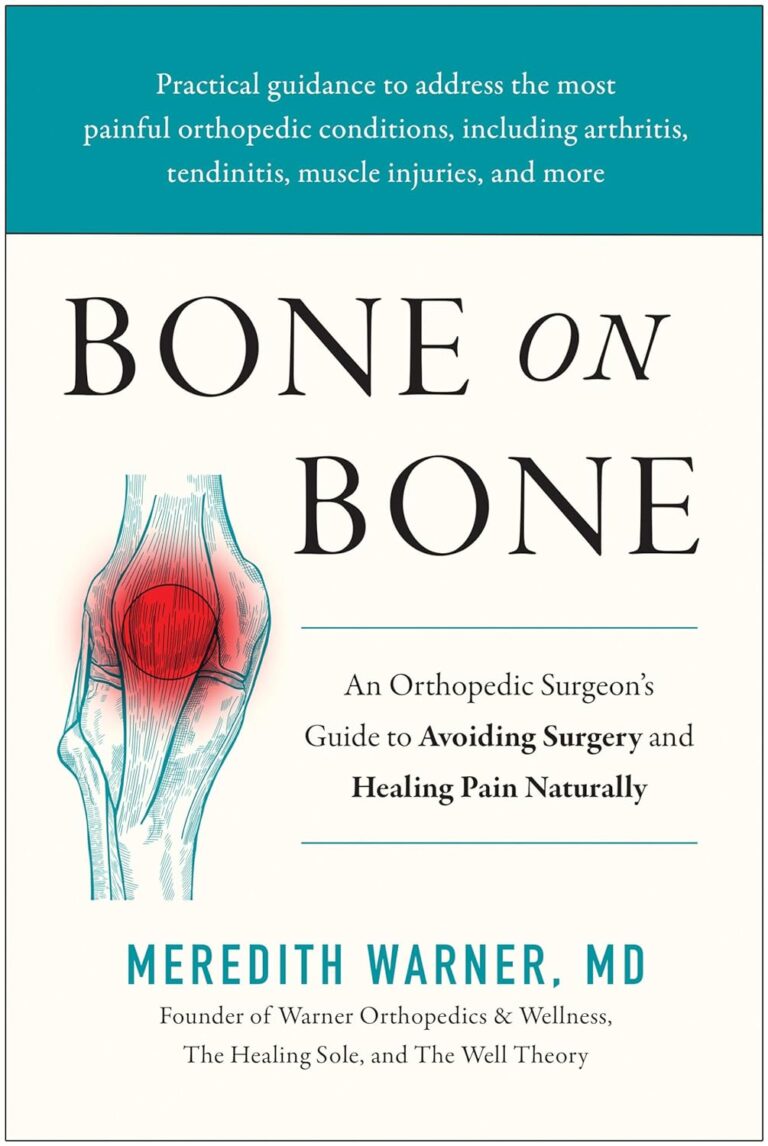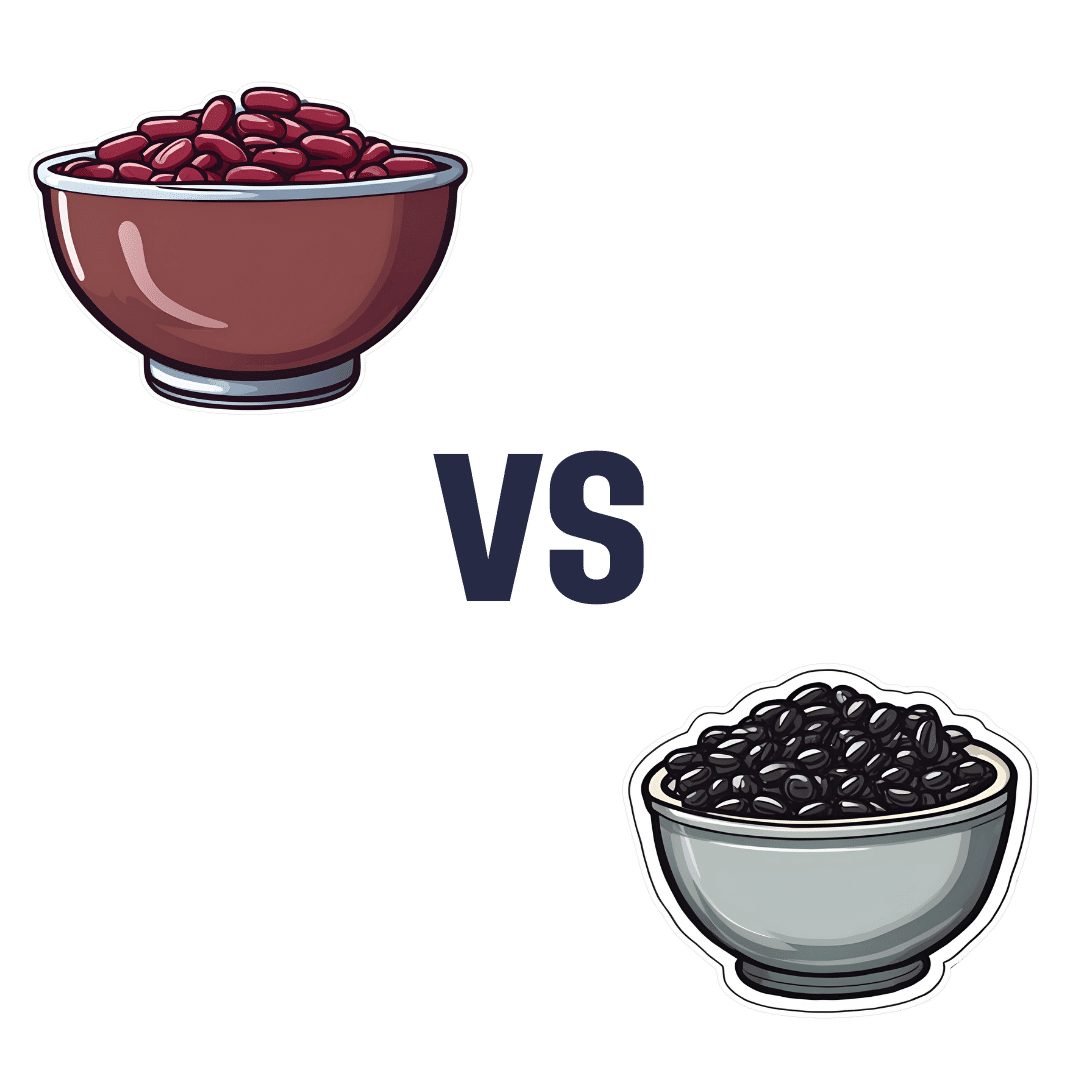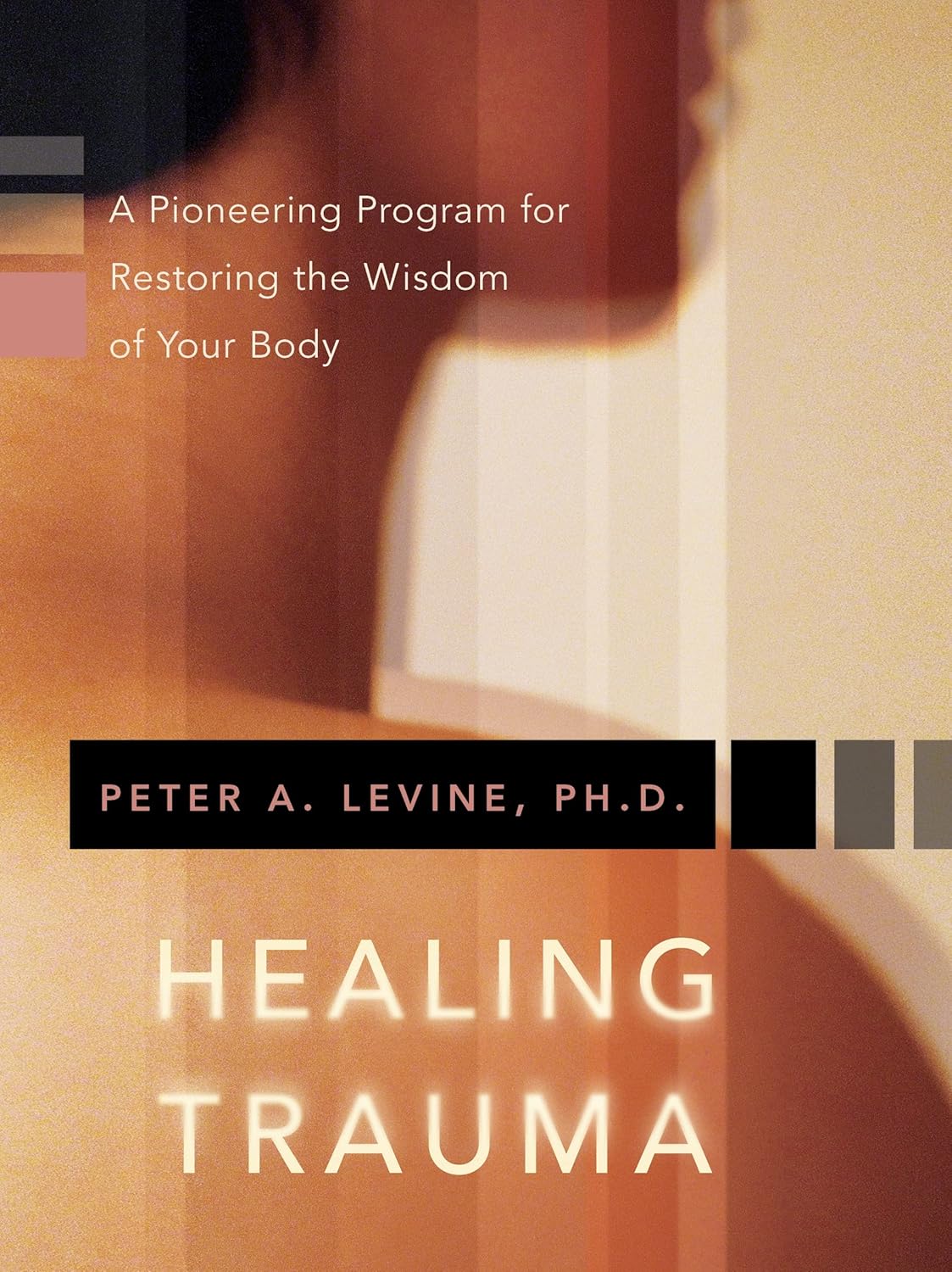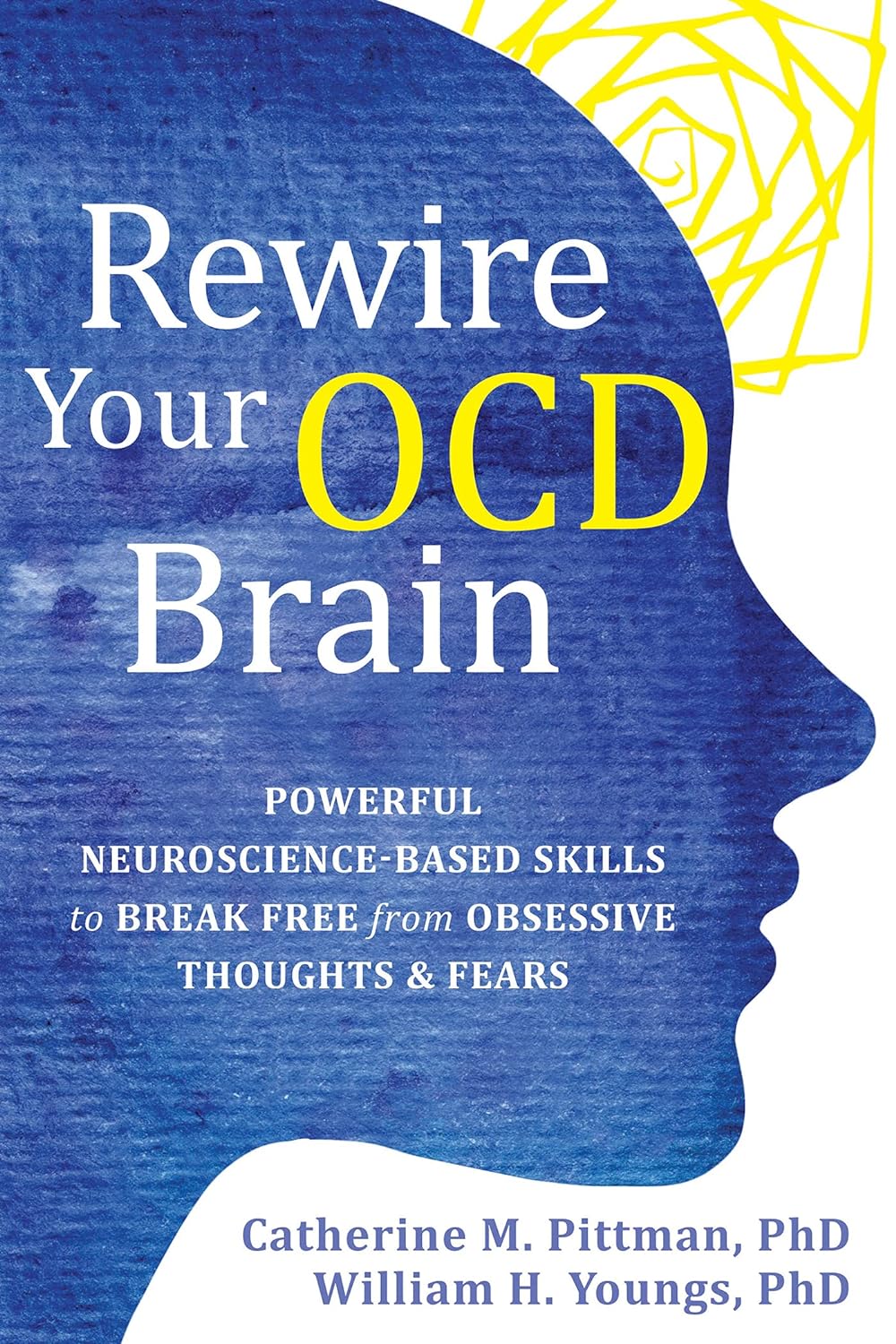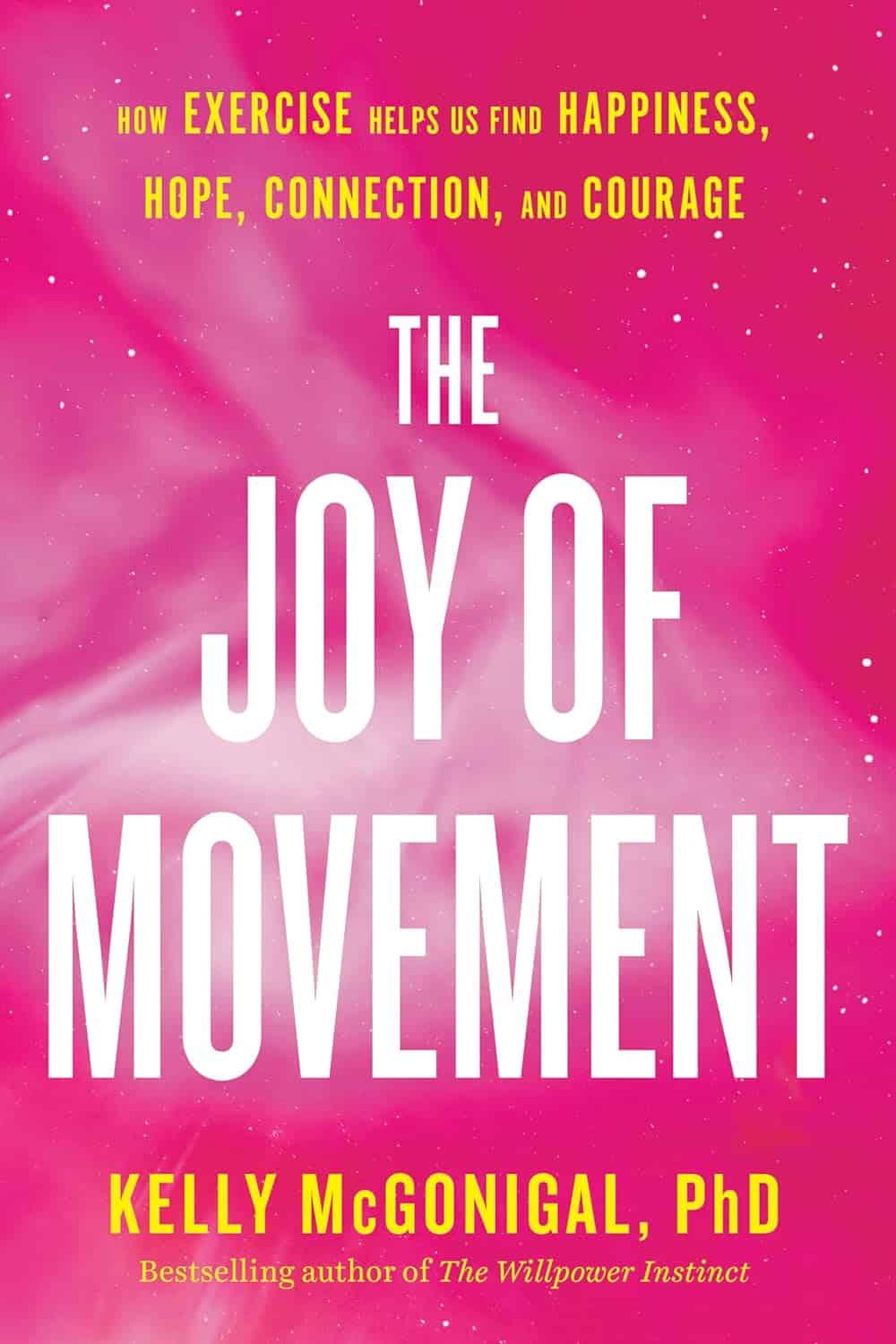
The Joy of Movement – by Dr. Kelly McGonigal
10almonds is reader-supported. We may, at no cost to you, receive a portion of sales if you purchase a product through a link in this article.
We know that exercise is good for us. Obviously. We know that that exercise will make us feel good. In principle.
So why is that exercise bike wearing the laundry instead, or the weights bench gathering dust?
Dr. Kelly McGonigal explores our relationship with exercise, both the formal (organized, planned, exercise that looks like exercise) and the informal (ad hoc, casual, exercise that looks like just having a nice time).
Moreover: she starts with the why, and moves to the how. The trick she plays on us here is to get us very fired up on the many tangible benefits that will make a big difference in all areas of our lives… And then shows us how easy it can be to unlock those, and how we can make it even easier.
And as to making it stick? Exercise can be addictive, and/but it’s one of the few addictions that is almost always healthful rather than deleterious. And, there are tricks we can use to heighten that, thresholds that once we pass, we just keep going.
She also looks at the evolutionary tendency of exercise to be connection-building, as part of a community, friend group, or couple.
And, yes, she gives attention also to undertaking exercise when circumstances aren’t ideal, or our bodies simply won’t allow certain things.
In short: if any book can get you shaking off the cobwebs, this is the one.
Click here to check out The Joy Of Movement on Amazon today, and get your body moving!
Don’t Forget…
Did you arrive here from our newsletter? Don’t forget to return to the email to continue learning!
Recommended
Learn to Age Gracefully
Join the 98k+ American women taking control of their health & aging with our 100% free (and fun!) daily emails:
-
Human Connection In An All-Too-Busy World
10almonds is reader-supported. We may, at no cost to you, receive a portion of sales if you purchase a product through a link in this article.
Many of us, in many ways, have more discretionary time than ever… On paper.
But rather than the 8-hour block of work of yesteryear, nowadays the things that take our time often come in a series of short bursts that punctuate our day.
This means that while in theory, we have n hours of “free” time per day, we actually have 9 minutes here, 23 minutes there, 1 hour 6 minutes somewhere else, and so on.
Social commitments, meanwhile, tend to require not only that we have time in a block, but also, that the time around that block also be sufficiently free, for travelling, preparation, etc.
The result? “We must do this again, and not leave it so long next time!” we say, sincerely, to the friend whom we will next see again in approximately 17 months’ time.
The problem is how our many theoretically-small obligations reduce the rest of our time to “time confetti”, and that happens on the large scale like we saw above, as well as on the small scale of “Ah, I have an hour to relax between these two things” and then suddenly the time is gone, once again reduced to time confetti:
Time Confetti and the Broken Promise of Leisure
So, how to maintain human connection with people beyond those with whom we live?
Some is infinitely better than none
Let’s say you want to call a friend or relative. There may be generational differences in how much one is expected to arrange this by text first, vs just calling, but either way, you don’t have to have an open-ended block of time, and sometimes, it’s better if you don’t.
Establish, at the start of the call, “Before we get into catching up, how are we for time, by the way? For my part, I’ll have to go by such-and-such a time”, and then work with that.
The benefit of doing this is that you’ll both know enough about the time constraints to use the time appropriately; you won’t run out the clock on smalltalk before getting to something big, and you’ll both come away feeling satisfied that you shared and were shared-with in a meaningful fashion.
In contrast, guessing at time constraints can leave big things clipped off, or else result in someone “looking for a way to politely end this conversation that stopped being interesting a while ago but it’ll seem rude if I say I have to go now”, of the kind that results in someone not being so open to a call next time.
Don’t rush to dismiss texts as a medium for meaningful connection
When text messages were first a thing, you’ll remember how we were all working within a very short character limit and a cost-per-message. It was telegrams for the modern age, basically.
Nowadays, that isn’t so; we can write as much or as little as we like, and this has two benefits:
- We can have longer, meaningful conversations around the other stuff in our life. We can reply in seconds, or after making a cup of tea and thinking about it, or after our grocery-chopping trip, or whenever suits us. Suddenly, time confetti isn’t such a barrier to human connection. Writer’s example: my prime social time in this manner is when I’m cooking dinner (which is often about an hour). There’s no way I could have a phonecall while doing that; my bad hearing notwithstanding, I just have my hands full too often with much else going on. But texting? I can do that in the several-minute gaps between assorted culinary tasks, while I’m waiting for the kettle to boil or the onions to brown or whatever.
- Sometimes, the brevity makes it easier. A quick text saying “Hey, just to let you know I’m thinking of you, and hope your day is going well!”, or “Unrelated to anything: I was just thinking about how I’m glad to have you in my life; you’re a good friend, and I appreciate that more than I often remember to say. Anyway, that’s all; it was just on my mind. I hope your day is going well!”
(The cheery closing words in those last two text message examples help signify: “don’t worry, I’m fine and am not looking for anything from you”, which will help the recipient to relax, and counterintuitively, more likely to reply with some kind words of their own, knowing that they’re not signing up for a potentially deep talk when they also have time confetti issues going on)
Seize the moment (and also let it go)
You probably have many small interactions with strangers, most days. In the store, walking the dog, at the doctor’s office, etc. So, two things:
- Make smalltalk. And if you’re not one for traditional smalltalk topics (weather etc), or even if you are, a level-up is:
- Compliment sincerely. Straight out of “How To Win Friends And Influence People”, of course, but it creates a moment of genuine connection; you say a thing, their day is improved, they smile, you complete your business with a smile of your own and go about your day.
(of course, do steer clear of anything that could be interpreted as flirting, if that is not your intent, and really it should never be your intent when it comes to the captive audience of someone who will get fired if they’re not nice to you)
But, with a little practice, these little moments add up to a lot more human connection than if we treat the strangers with whom we interact as though they were merely part of the scenery.
Want more than that?
Check out:
How To Beat Loneliness & Isolation
Take care!
Share This Post
-
Kidney Beans or Black Beans – Which is Healthier?
10almonds is reader-supported. We may, at no cost to you, receive a portion of sales if you purchase a product through a link in this article.
Our Verdict
When comparing kidney beans to black beans, we picked the black beans.
Why?
First, do note that black beans are also known as turtle beans, or if one wants to hedge one’s bets, black turtle beans. It’s all the same bean. As a small linguistic note, kidney beans are known as “red beans” in many languages, so we could have called this “red beans vs black beans”, but that wouldn’t have landed so well with our largely anglophone readership. So, kidney beans vs black beans it is!
They’re certainly both great, and this is a close one today…
In terms of macros, they’re equal on protein and black beans have more carbs and/but also more fiber. So far, so equal—or rather, if one pulls ahead of the other here, it’s a matter of subjective priorities.
In the category of vitamins, they’re equal on vitamins B2, B3, and choline, while kidney beans have more of vitamins B6, B9, C, and K, and black beans have more of vitamins A, B1, B5, and E. In other words, the two beans are still tied with a 4:4 split, unless we want to take into account that that vitamin E difference is that black beans have 29x more vitamin E, in which case, black beans move ahead.
When it comes to minerals, finally the winner becomes apparent; while kidney beans have a little more manganese and zinc, on the other hand black beans have more calcium, copper, iron, magnesium, phosphorus, potassium, and selenium. However, it should be noted that honestly, the margins aren’t huge here and kidney beans are almost as good for all of these minerals.
In short, black beans win the day, but kidney beans are very close behind, so enjoy whichever you prefer, or better yet, both! They go great together in tacos, burritos, or similar, by the way.
Want to learn more?
You might like to read:
- Kidney Beans vs Fava Beans – Which is Healthier?
- Chickpeas vs Black Beans – Which is Healthier?
- Bold Beans – by Amelia Christie-Miller ← this is a recipe book; if you’re looking to incorporate more beans into your diet and want to make it good, this cookbook can lead the way!
Take care!
Share This Post
-
The Bee’s Knees?
If you’d like to pre-empt that runny nose, some say that local honey is the answer. The rationale is that bees visiting the local sources of pollen and making honey will introduce the same allergens to you in a non allergy-inducing fashion (the honey). The result? Inoculation against the allergens in question.
But does it work?
Researching this, we found a lot of articles saying there was no science to back it up.
And then! We found one solitary study from 2013, and the title was promising:
But we don’t stop at titles; that’s not the kind of newsletter we are. We pride ourselves on giving good information!
And it turned out, upon reading the method and the results, that:
- Both the control and test groups also took loratadine for the first 4 weeks of the study
- The test group additionally took 1g/kg bodyweight of honey, daily—so for example if you’re 165lb (75kg), that’s about 4 tablespoons per day
- The control group took the equivalent amount of honey-flavored syrup
- Both groups showed equal improvements by week 4
- The test group only showed continued improvements (over the control group) by week 8
The researchers concluded from this:
❝Honey ingestion at a high dose improves the overall and individual symptoms of AR, and it could serve as a complementary therapy for AR.❞
We at 10almonds concluded from this:
❝That’s a lot of honey to eat every day for months!❞
We couldn’t base an article on one study from a decade ago, though! Fortunately, we found a veritable honeypot of more recent research, in the form of this systematic review:
Read: The Potential Use Of Honey As A Remedy For Allergic Diseases
…which examines 13 key studies and 43 scientific papers over the course of 21 years. That’s more like it! This was the jumping-off point we needed into more useful knowledge.
We’re not going to cite all those here—we’re a health and productivity newsletter, not an academic journal of pharmacology, but we did sift through them so that you don’t have to, and:
The researchers (of that review) concluded:
❝Although there is limited evidence, some studies showed remarkable improvements against certain types of allergic illnesses and support that honey is an effective anti-allergic agent.❞
Our (10almonds team) further observations included:
- The research review notes that a lot of studies did not confirm which phytochemical compounds specifically are responsible for causing allergic reactions and/or alleviating such (so: didn’t always control for what we’d like to know, i.e. the mechanism of action)
- Some studies showed results radically different from the rest. The reviewers put this down to differences that were not controlled-for between studies, for example:
- Some studies used very different methods to others. There may be an important difference between a human eating a tablespoon of honey, and a rat having aerosolized honey shot up its nose, for instance. We put more weight to human studies than rat studies!
- Some kinds of honey (such as manuka) contain higher quantities of gallic acid which itself can relieve allergies by chemically inhibiting the release of histamine. In other words, never mind pollen-based inoculations… it’s literally an antihistamine.
- Certain honeys (such as tualang, manuka and gelam) contain higher quantities of quercetin. What’s quercetin? It’s a plant flavonoid that a recent study has shown significantly relieves symptoms of seasonal allergies. So again, it works, just not for the reason people say!
In summary:
The “inoculation by local honey” thing specifically may indeed remain “based on traditional use only” for now.
But! Honey as a remedy for allergies, especially manuka honey, has a growing body of scientific evidence behind it.
Bottom line:
If you like honey, go for it (manuka seems best)! It may well relieve your symptoms.
If you don’t, off-the-shelf antihistamines remain a perfectly respectable option.
Share This Post
Related Posts
-
Top Foods Against Neuroinflammation
10almonds is reader-supported. We may, at no cost to you, receive a portion of sales if you purchase a product through a link in this article.
Chronic inflammation is something you might feel in your joints, but it will usually be in the brain too. There, neuroinflammation can disrupt brain function, affecting stress responses, mood, cognition, and even alter brain structure. It’s also heavily implicated in the pathogenesis of various forms of dementia.
What to do about it
Dr. Tracey Marks, psychiatrist, bids us eat:
- Fatty fish: omega-3-rich fish like salmon reduce neuroinflammation.
- Leafy greens: spinach, kale, and collards protect brain cells and support neurotransmitter production.
- Berries: blueberries and strawberries improve memory and protect neurons.
- Nuts and seeds: walnuts, almonds, and flaxseeds support brain health and reduce inflammation.
- Turmeric: curcumin combats inflammation and supports neuron growth (best with supplements).
- Fermented foods: yogurt and sauerkraut improve gut health, benefiting the brain via the gut-brain axis; not just the vagus nerve, but also, remember that various neurotransmitters (including serotonin) are made in the gut.
Of course, you should also avoid alcohol, nicotine, red meat, processed meat, and ideally also white flour products, and sugary foods (unless they are also rich in fiber, like whole fruit).
For more on each of these, enjoy:
Click Here If The Embedded Video Doesn’t Load Automatically!
Want to learn more?
You might also like to read:
How to Prevent (or Reduce) Inflammation
Take care!
Don’t Forget…
Did you arrive here from our newsletter? Don’t forget to return to the email to continue learning!
Learn to Age Gracefully
Join the 98k+ American women taking control of their health & aging with our 100% free (and fun!) daily emails:
-
Healing Trauma – by Dr. Peter Levine
10almonds is reader-supported. We may, at no cost to you, receive a portion of sales if you purchase a product through a link in this article.
Dr. Levine’s better-selling book about trauma, Waking The Tiger, laid the foundations for this one, but the reason we’re skipping straight into Healing Trauma, is that while the former book is more about the ideas that led him to what he currently believes is the best approach to healing trauma, this book is the one that explains how to actually do it.
The core thesis is that trauma is a natural, transient response, and is not inherently pathological, but that it can become so if not allowed to do its thing.
This book outlines exercises, trademarked as “somatic experiencing”, which allow the body to go through the physiological processes it needs to, to facilitate healing. If you buy the physical book, there is also an audio CD, which this reviewer has not listened to and cannot comment on, but the exercises are clearly described in the book in any case.
The physical aspects of the exercises are similar to the principles of progressive relaxation, while the mental aspects of the exercises are about re-experiencing trauma in a safer fashion, in small doses.
Any kind of dealing with trauma is not going to be comfortable, so this book is not an enjoyable read.
As for how useful the exercises are, your mileage may vary. Like many books about trauma, the expectation is that once upon a time you were in a situation that was unsafe, and now you are safe. If that describes your trauma, you will get the most out of this. However, if your trauma is unrelated to your personal safety, or if it is about your personal safety but the threat still remains extant, then a lot of this may not help and may even make things worse.
In terms of discussing sexual trauma specifically, it was probably not a good choice to favorably quote Woody Allen, and little things like that may be quite jarring for a lot of readers.
Bottom line: if your trauma is PTSD of the kind “you faced an existential threat and now it is gone”, then chances are that this book can help you a lot. If your trauma is different, then your mileage may vary widely on this one.
Click here to check out Healing Trauma, if it seems right for you!
Don’t Forget…
Did you arrive here from our newsletter? Don’t forget to return to the email to continue learning!
Learn to Age Gracefully
Join the 98k+ American women taking control of their health & aging with our 100% free (and fun!) daily emails:
-
Rewire Your OCD Brain – by Dr. Catherine Pittman & Dr. William Youngs
10almonds is reader-supported. We may, at no cost to you, receive a portion of sales if you purchase a product through a link in this article.
OCD is just as misrepresented in popular media as many other disorders, and in this case, it’s typically not “being a neat freak” or needing to alphabetize things, so much as having uncontrollable obsessive intrusive thoughts, and often in response to those, unwanted compulsions. This can come from unchecked spiralling anxiety, and/or PTSD, for example.
What Drs. Pittman & Young offer is an applicable set of solutions, to literally rewire the brain (insofar as synapses can be considered neural wires). Leveraging neuroplasticity to work with us rather than against us, the authors talk us through picking apart the crossed wires, and putting them back in more helpful ways.
This is not, by the way, a book of CBT, though it does touch on that too.
Mostly, the book explains—clearly and simply and sometimes with illustrations—what is going wrong for us neurologically, and how to neurologically change that.
Bottom line: whether you have OCD or suffer from anxiety or just need help dealing with obsessive thoughts, this book can help a lot in, as the title suggests, rewiring that.
Click here to check out Rewire Your OCD Brain, and banish obsessive thoughts!
Don’t Forget…
Did you arrive here from our newsletter? Don’t forget to return to the email to continue learning!
Learn to Age Gracefully
Join the 98k+ American women taking control of their health & aging with our 100% free (and fun!) daily emails:

